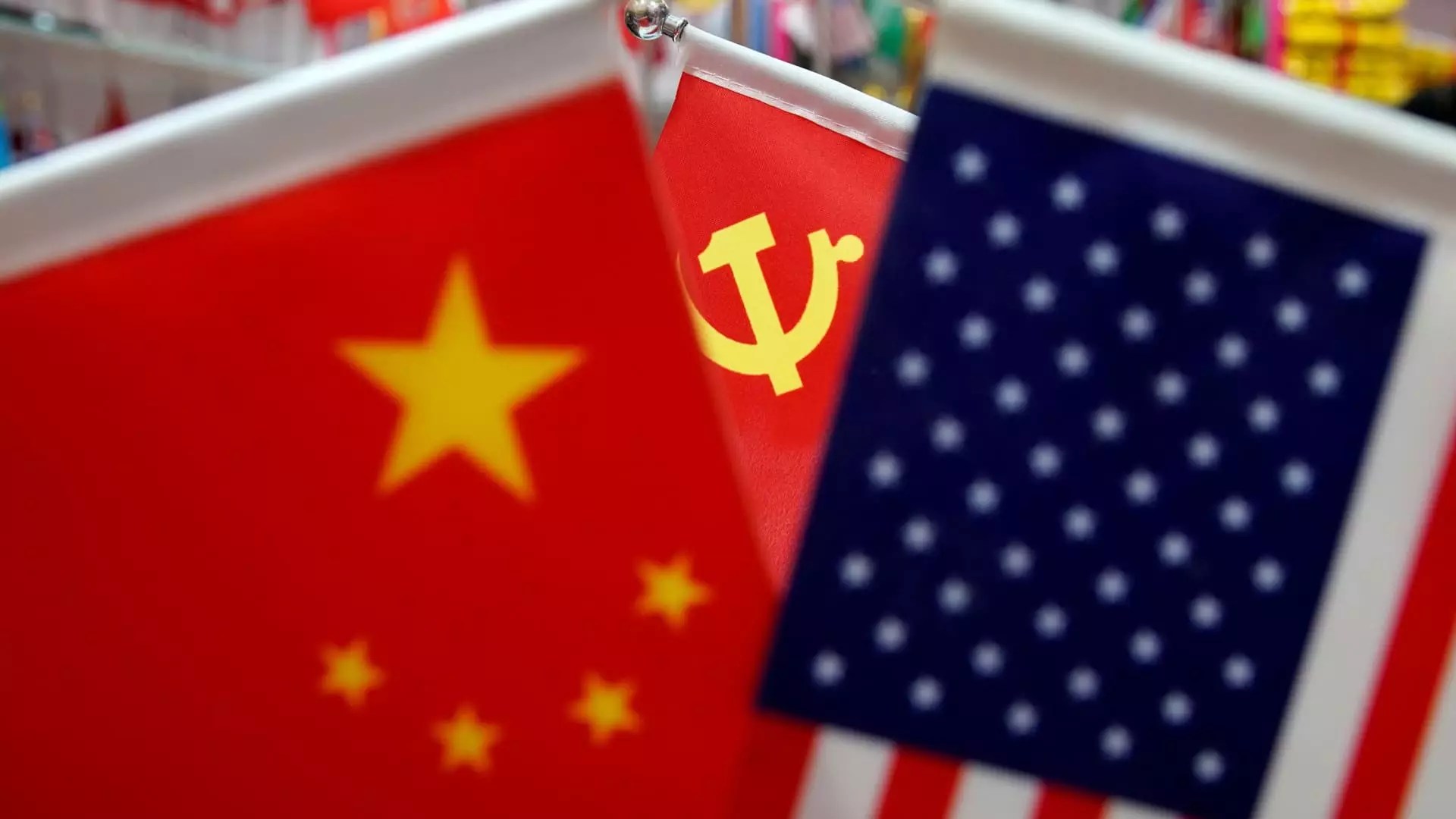The ongoing trade tensions between the United States and China have escalated into an unrelenting struggle, characterized by public statements, ambiguous diplomatic meetings, and an evident lack of confidence in solid agreements. President Donald Trump recently acknowledged the challenging nature of negotiating with Xi Jinping, emphasizing that it is “extremely hard” to reach a deal with the Chinese leader. This admission should raise alarms about the effectiveness of U.S. foreign policy and domestic diplomacy strategies. Amid rising trade tensions, the disarray and uncertainty pervading these discussions reflect a stark anxiety about the future of the U.S. economy amidst an increasingly competitive global landscape.
Trump occupied a unique position where his character and methods played a significant role in international relations. Stating “I like President Xi…but he is VERY TOUGH,” suggests an almost childlike appreciation hidden behind a facade of bravado. While charm can sometimes grease the wheels of diplomacy, it is essential to recognize that in the cutthroat arena of international negotiations, mere sentimentality is insufficient and can invite exploitation. Reflecting a center-right perspective, one must concede that while charm is useful, it must be paired with unwavering assertiveness—something this administration has often claimed but has not consistently demonstrated.
Stalled Talks and Mutual Blame
It’s disconcerting to note how the administration’s approach has led to a stalemate that both nations seem to share responsibility for. According to U.S. Treasury Secretary Scott Bessent, trade discussions are “a bit stalled,” indicating a fundamental breakdown in communication. This stagnation not only demonstrates a failure in policy but also reflects an ineffectiveness in U.S. strategy for engaging with a country as complex as China. The hurdles faced in these negotiations stem not only from mutual accusations of misinterpretation and violation of agreements but also from a significant lack of trust. Trust is a vital metric in international relations, and its absence inevitably leads to a scenario where agreements are merely ink on paper, destined to falter.
China has cited unfounded reasons for the recent escalatory measures taken by the Trump administration, highlighting how interpretations of actions can diverge sharply between nations. The fallout from the claim that China has failed to ease restrictions on rare earth exports underscores the complexities involved in bilateral negotiations. In truth, strong measures—like revoking visas for Chinese students—have the potential to alienate rather than cultivate cooperation. Here lies a critical need for strategic analysis: such policies might rally domestic support but can also lead to pushback from international partners, further complicating engagements that require intricacy and finesse.
Gathering Political Storms
Chinese Foreign Minister Wang Yi’s rebuttal of recent U.S. actions as “groundless” heightened the already tense atmosphere, as he called for a balanced approach from Washington. The notion of asking the U.S. to “meet China halfway” reflects the reality that these negotiations involve more than mere economic factors; they touch on national pride and international reputation. A pattern emerges here that, despite Trump’s apparent willingness to foster relationships and mutual respect, underlying tensions continue to simmer, threatening to derail any potential agreements.
Additionally, this affects public perception. When the Trump administration signals a willingness to communicate, yet the surrounding context tells a contradictory story, it leads to confusion and skepticism. Neo Wang, a lead economist and strategist, noted that it appears Beijing is attempting to project an image of stability and readiness for dialogue. However, such optics can ultimately backfire. Americans, particularly in today’s politically charged environment, may find skepticism of any overtures prioritizing diplomatic goodwill hard to shake off. Furthermore, the insistence on bilateral communication between the two superpowers speaks to an acute awareness that isolation could render either nation vulnerable in the ever-evolving global stage.
Imminent Consequences of Miscalculations
As both nations maintain their stance on core issues—trade, technology access, and immigration—the ramifications of faltering negotiations could provoke a cascade of consequences that will be felt deeply across the globe. The uncertainty of negotiations weighs heavily on stock markets and poses existential questions for the economies of both countries. For those leaning toward center-right liberalism, the scenarios unfolding offer a cautionary tale—in the quest for national interests, blind assertiveness coupled with charm often inhibits cohesion and long-term strategic advancements.
The political landscape remains tumultuous, marked by uncertainty rooted in the very human factors of pride, distrust, and miscommunication. The stalemate embedded within these negotiations serves as a stark reminder of the complexities involved in global leadership—especially when the stakes are as high as the future of international trade and geopolitical stability.


Leave a Reply